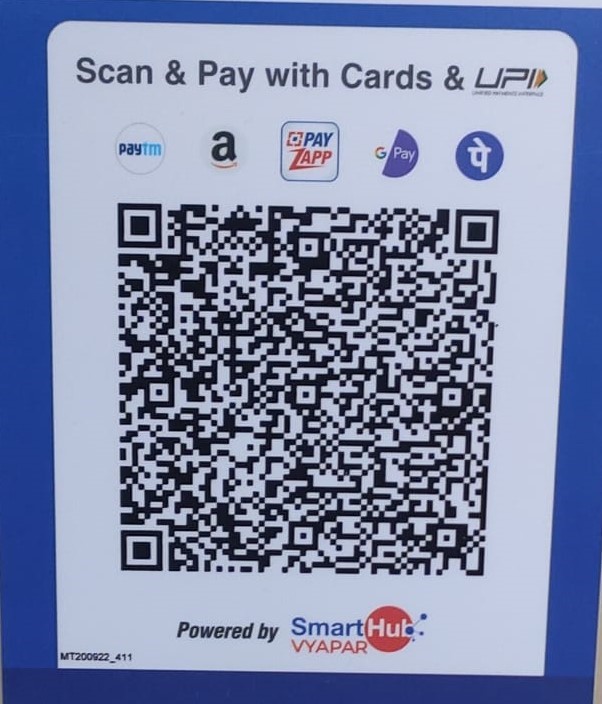World Alzheimers Month September 2021
Opening Remarks by Dr. Lesan Azadi
12 Sept. 2021
The period we are passing through is a time of contrasts. On the one hand we are busy in uncovering the mysteries of the world we live in and override the rules of nature, while on the other we are facing the fear of losing our intelligence and memory power --that are our most precious assets-– at the end of the journey of our life in this world: An eclipse before the sunset, as said by Ghadirian A.M..
Alzheimers disease affects people with loss of memory. Forgetfulness usually leads to negative consequences: disorientation, a fractured sense of identity and broken relationships. Without memories the web of relationships that bind us to others and to our community, and our sense of identity disappears—what remains? Alzheimers disease (AD) is the cause of 60–70% of cases of dementia. Its most common early symptom is difficulty in remembering recent events. Its causes are yet to be understood well. What we know is that there are many factors associated with its development.
In 2015, there were approximately 29.8 million people worldwide with AD. There were about 50 million people with all forms of dementia in 2020. According to the UN it is expected the number of those affected by Alzheimers and dementia will rise to 152 million by 2050. It most often begins in people over 65 years of age, although up to 10 per cent of cases are early onset affecting those in their 30s to mid-60s. Women get sick more often than men. Alzheimers financial burden on society is large. It is at par with the costs of cancer and heart disease: 200 billion Dollars in the US alone.
The challenges and implications of Alzheimers are numerous. They are physical, psychological, social, and spiritual. The challenges are for those who are afflicted by the illness as well as for those who have to care for them. We often focus on those who are ill. But life will never be the same for everyone close to the patient-- a dysfunctional family that must regroup in the face of this crisis.
To start thinking about social, psychological and spiritual implications of Alzgeimers, let us think of the words of the Thirteen Attributes of God in Hebrew. The Thirteen Attributes of God in the Machzor: YHVH, YHVH, a God compassionate and gracious, slow to anger, abounding in kindness and faithfulness, extending kindness to the thousandth generation, bearing iniquity, transgression and sin, and acquitting.... Pardon our iniquity and our sin, and take us for Your own!(Rosenberg Rabi Dina, n.d.) Yes; compassion and kindness, the divine attribute showered upon thousands of generations, are needed for those who are struck down by illness and for those who have to care for them-- the hidden victims.
According to Abdul-Baha, the mind is circumscribed, but the soul is limitless. (Ghadirian, n.d.) Caregivers should reach out to that limitless soul. As the patient becomes increasingly inaccessible through verbal communication, greater effort should be made to establish and maintain a contact with his or her feelings and soul-- Spiritual and Moral dimension. But how do we know if we are in touch with the feelings of someone who cannot respond adequately to a question? How can we reach the soul of a person when that person despises us as strangers, never to be trusted? Many people do not know how to relate to one another through their souls, fearing that they may be accused of being superstitious.
Abdul-Baha says that mind is like the mirror and soul is like sun, independent and far above the mirror. Often family members and caregivers of an Alzheimers patient are frustrated and are concerned with the mirror and not the sun. They do not look for the rays of the soul beyond the mirror. They judge the patient according to physical values and find the result disappointing.
Spiritual contact through prayer, meditation and unconditional love and affection shown by family and friends facilitates the kind of contact these patients need-- a contact which becomes increasingly necessary when verbal communication becomes meaningless or impossible. If the caregivers make a new adjustment about the needs of the patient, a new journey can begin. Indeed caregivers are like the co-travellers of patients with Alzheimers disease … Although it appears a very vigorous, physical journey, it is also a spiritual companionship. It is an act of faith more than an act of reason.
Today it has become a youth-worshipping and death-denying world. However caring for aging people with or without dementia is a personal challenge that can give a new meaning to our lives. It helps us grow spiritually and moves us away from our self-centeredness. To show love and to care for someone who is helpless and impaired will help us achieve one of the main purposes of our life-- develop the virtues we need in our journey through this world. We should pray and meditate with the patient whenever possible. What is prayer and what is meditation and how do we pray and meditate is another subject beyond the scope of the present discussion for now. The United Nations Organization is urging the world to tap into the often overlooked contributions of older persons. It is calling for integrated care to improve their well-being and ensure they have the opportunity to contribute to development.
According to Rumi:
- In generosity and helping others: be like the river
- In compassion and grace: be like the sun.
- In concealing others faults: be like the night.
- In anger and fury: be like the dead.
- In modesty and humility: be like the soil.
- In tolerance: be like the ocean.
- Either you appear as you are, or: be as you appear.
Links to the presentations made at the Programme are as follows:
1. Opening remarks by Dr.Lesan Azadi, Director, Bahai Academy, Panchgani
Video: How Alzheimer changes the brain
Link : https://youtu.be/s94C4_46RvQ
2. Dr. Arman Sabet, Professor of Neurology, Griffith University, Queensland, Australia
Topic: Alzheimers Disease Prevalence Symptoms Treatment Social Support and Spiritual Healing
Link : https://youtu.be/sbHLfe2aXEU
3. Dr. Avinash DeSousa, Director, International Institute of Organizational Psychological Medicine, India
Topic: What Dementia Means To Me!
Link : https://youtu.be/qRpdXJOVXVo
4. Vidya Shenoy, Secretary General Alzheimers and Related Disorder Society of India, Member Maharashtra State Mental Health Authority Integrative Therapist, Specialist in Dementia Care
Topic: Beyond Disease I Do Care
Link : https://youtu.be/g8oPXwDqra4
Video: Coconut Oil for Alzheimer
Discussion and Question Answers by the participants
Action Plans By The Participants to Raise Awareness About Alzheimers Disease
References:
https://bahai-library.com/ghadirian_alzheimers disease
https://bahai-library.com/white_searching_god_memory
Activities
The MTV in Association with Alzheimers and Related Disorders Society of India (ARDSI) have developed a musical App, an exciting tool, Memory Karaoke, useful to assist, retain and recall personal, vital information for those living with early Alzheimers and other forms of dementias. Expressing gratitude not only to our family in Smriti Vishvam, Universe of Memory, a specialized Dementia DayCare Centre, ARDSI Mumbai but all those living with dementia all over the world. May there be a cure soon. To watch an introductory video about this exciting App Click https://youtu.be/d6OsKDnrziE






Leave a Comment